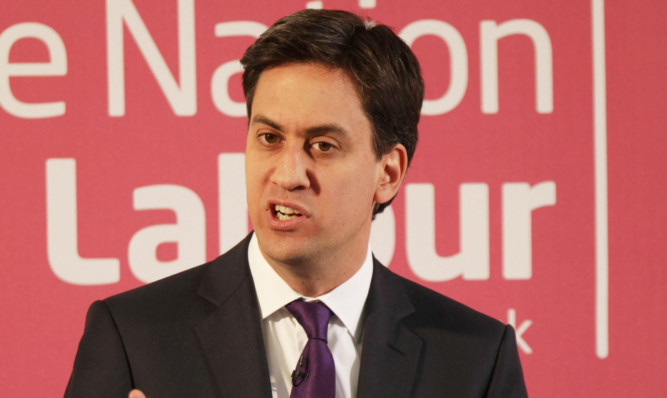Ed Miliband has launched a high-stakes bid to reform the Labour Party’s relations with the trade unions, setting out changes he said would end the “machine politics” which have prompted allegations of ballot-rigging in Falkirk.
Party figures acknowledged Mr Miliband’s proposal to end the automatic affiliation of union members to the party could cost Labour part of its income.
Some commentators suggested as much as £5 million of the £8 million received from this source could be at stake.
However, the explosive reaction expected from the unions did not materialise.
Unite general secretary Len McCluskey said he was “very comfortable” with Mr Miliband’s proposals, which he said could result in tens of thousands more union members joining Labour.
The measures set out in a speech in London were designed to draw a line under the biggest crisis of Mr Miliband’s leadership, sparked by claims Unite tried to fix the selection of Labour’s general election candidate in Falkirk by packing the constituency with 100 or more of its own members, some of them without their knowledge.
An internal party report on the allegations has been handed to police.
Mr Miliband said rather than being automatically affiliated to Labour unless they opt out of their union’s political levy, union members should be asked to make an active decision to join the party by opting in, he said.
“I do not want any individual to be paying money to the Labour Party in affiliation fees unless they have deliberately chosen to do so,” said Mr Miliband, voicing the hope the move would lead to thousands of working people signing up to join.
And he laid down a surprise challenge to the other parties, announcing a Labour government would impose a limit on MPs’ earnings from second jobs and calling for the reopening of stalled talks on the funding of political parties.
Downing Street dismissed the second job proposals as “a smokescreen for the fact that, in the Prime Minister’s view, the leader of the opposition hasn’t actually gripped the issues he needs to grip”.
